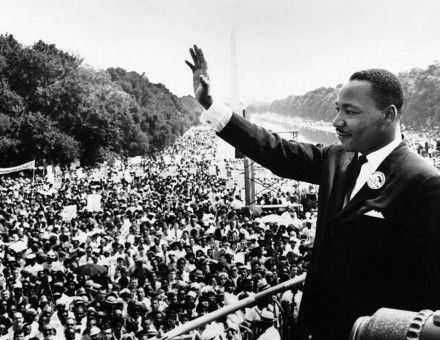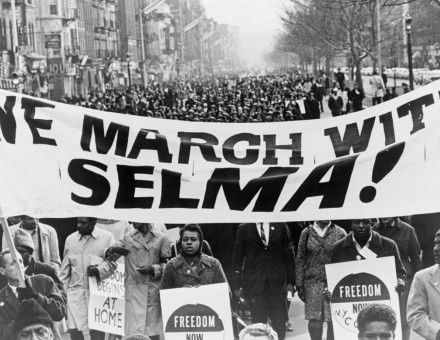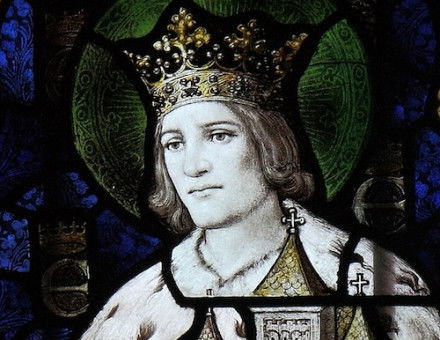Stripped Assets: The Opening of the Atlantic and the Discovery of Mankind
David Abulafia considers Columbus’ first encounters with the indigenous peoples of the Caribbean, and shows how they challenged European preconceptions about what it meant to be human.





